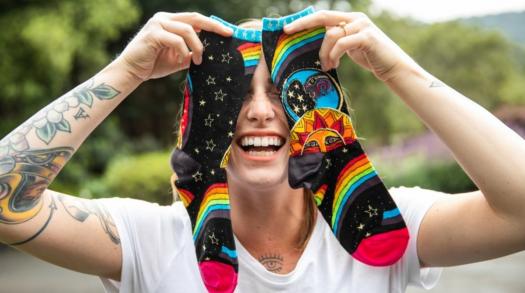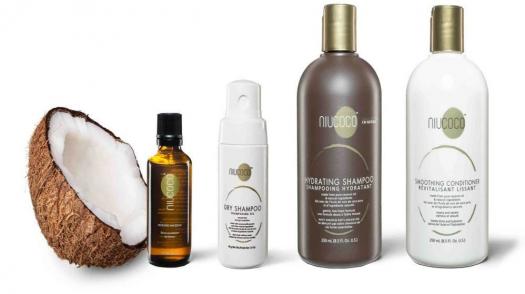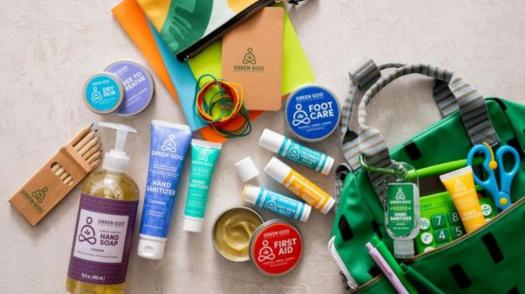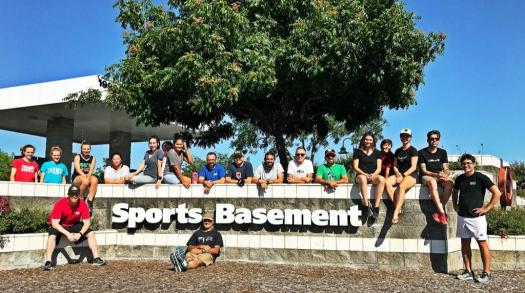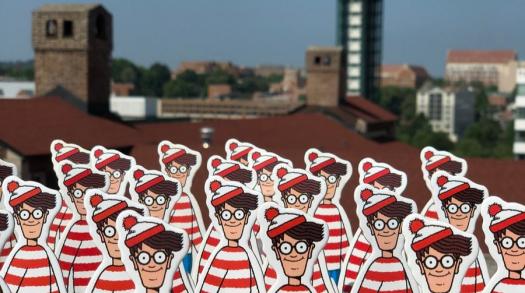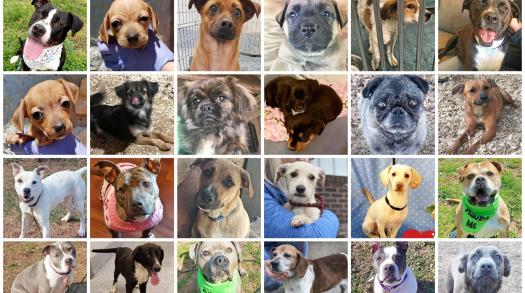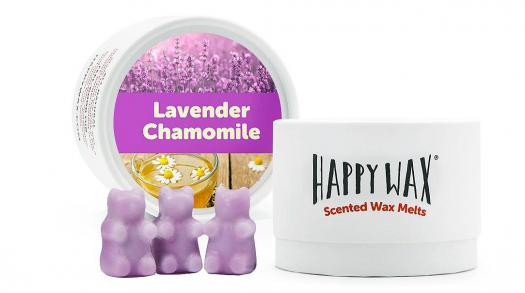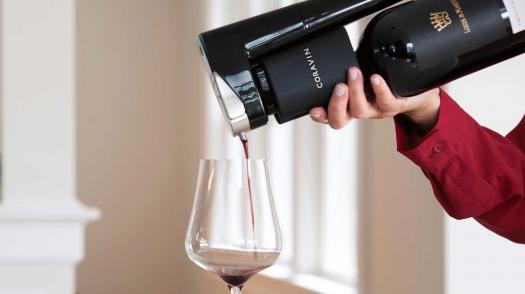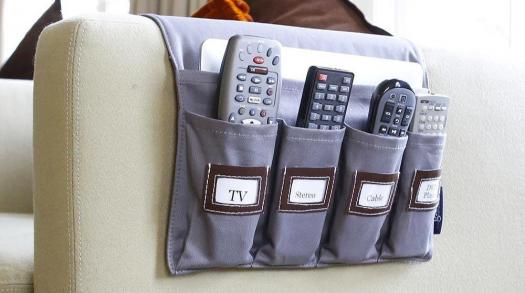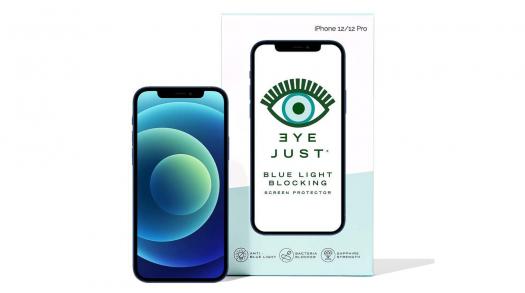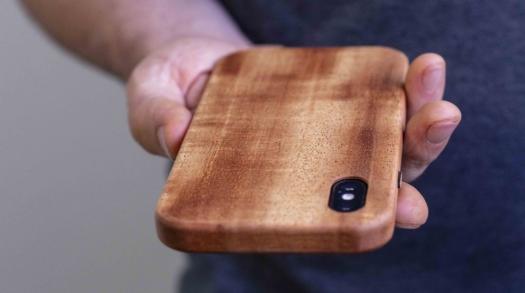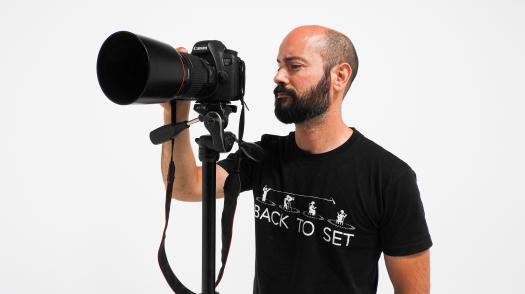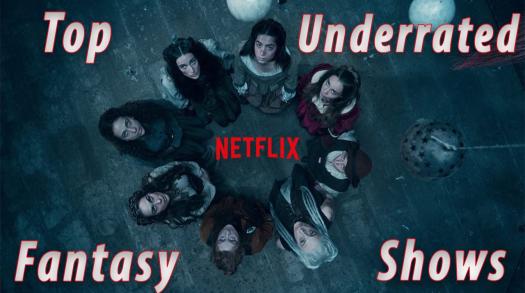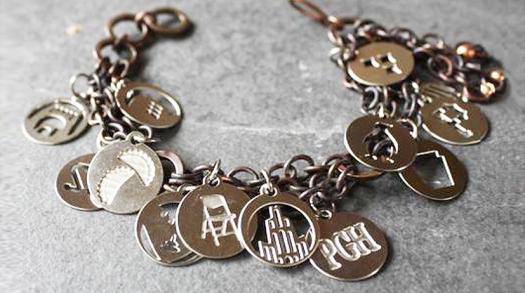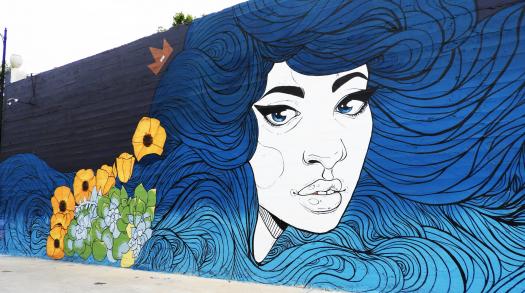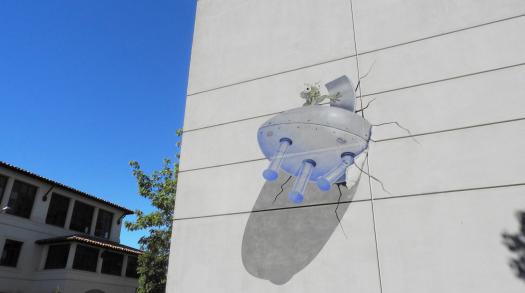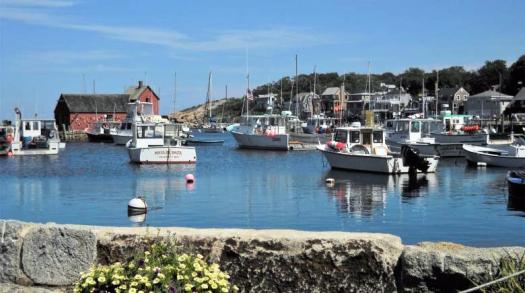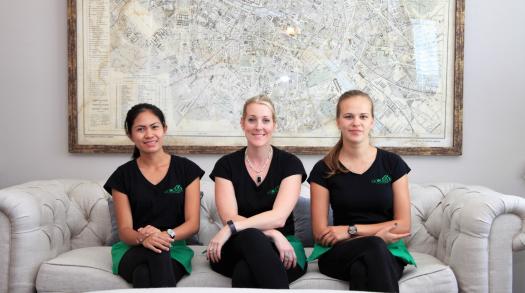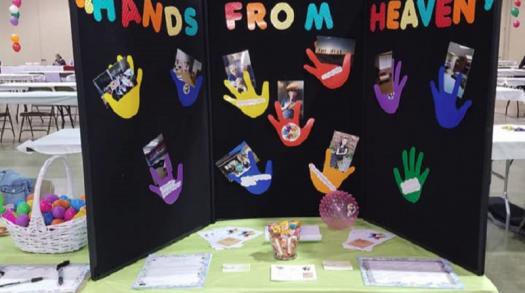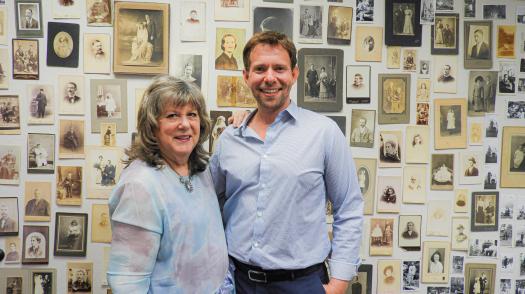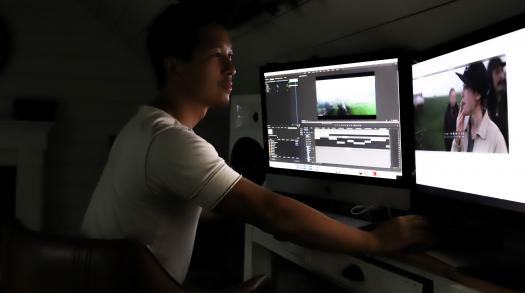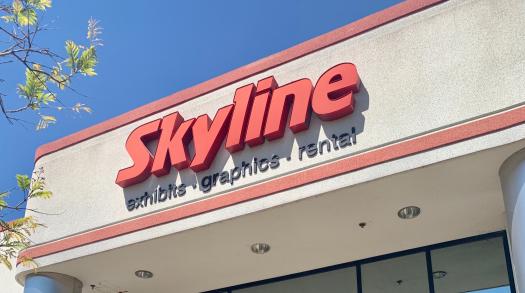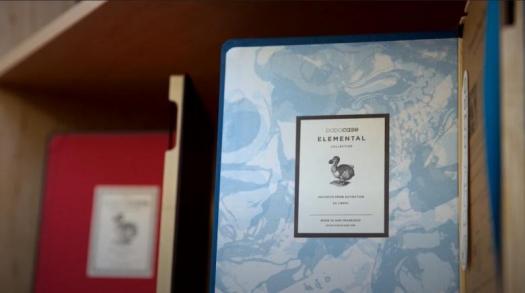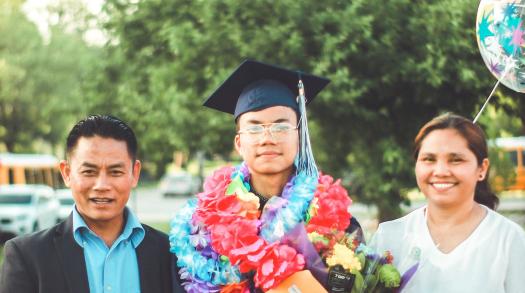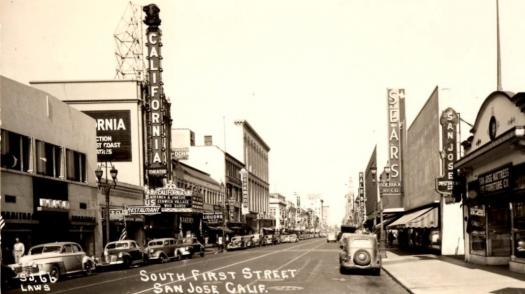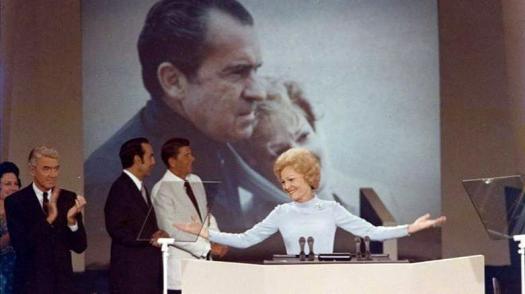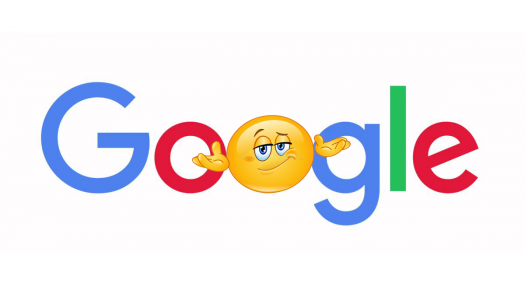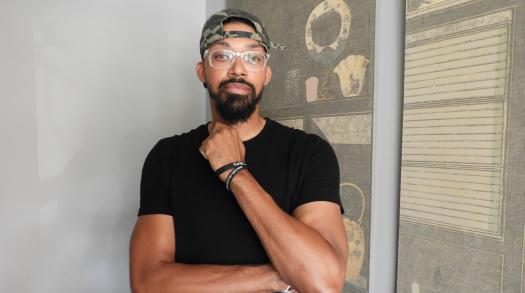What do Jackie Chan and Colette Bellier have in common? The Panama Papers.
How a small startup managed to get listed in the Panama Papers, along with Jackie Chan, Simon Cowell, U.K. Prime Minister David Cameron and the Duchess of York.
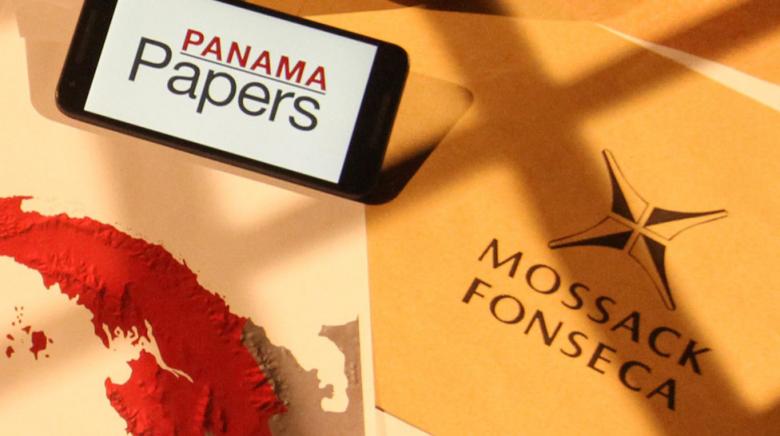
In 2015, a collection of 11.5 million documents listing 214,488 offshore companies was leaked to the International Consortium of Investigative Journalists from the law office of Mossack Fonseca & Co. in Panama. As you enter the ICIJ website, a popup states that there are legitimate uses for offshore companies and trusts, and not all companies in the database have broken the law or acted improperly.

Organizations and individuals listed in the Panama Papers include the NYU School of Medicine; the trustees of Columbia University; the founders of Linksys; golfer Tiger Woods; chess grandmaster Bobby Fischer; actors Jackie Chan, Emilio Estevez, and Emma Watson; filmmaker Stanley Kubrick; Simon Cowell of America's Got Talent; and the Duchess of York, and me and my little-known startup called YAYWORLD.

Creating hotel websites when there are no hotel booking engines
After my husband and I divorced in 1996, I had to quickly find work to support my two young sons. We lived in Paris, and although I'm French by birth, I was raised in the UK. As a result my French was terrible, which made me unemployable. Then I read about something called the ‘Internet’. A technology that would enable me to work remotely with other English speakers while taking care of my two toddlers at home. It was a game-changer!
I traveled extensively before marrying and had collected a large number of hotel directories, so an 'online' guide to French hotels seemed like a no-brainer. I organized a group of local stay-at-home mothers to enter the names and details of over 6,000 French hotels into a database, hired a web designer in Paris, leased a server in the US, a developer in Austin, TX, and in June 1997 launched Frenchhotels.com. The business was subscription-based because online booking didn't exist yet, and so I hired a company in the US to convert the queries that users submitted to the website into faxes that were then sent to the hotel.
Business took off, but France's burdensome bureaucracy and my limited French soon had me looking at English-speaking countries to live, work, and raise my boys.
The birth of a new democracy and the South African miracle
South Africa had recently peacefully transitioned from apartheid to an inclusive democracy and was now perceived as an economic success. Nelson Mandela's wisdom and grace had won the respect of the world, and South Africa was fast becoming a popular travel destination. I envisioned my boys growing up outdoors, surfing the ocean, climbing mountains, and walking with lions.
OK, OK! Maybe I had watched too many Disney movies with my kids, but it did seem like a wonderful place to raise two little boys, and so in 1997 I moved to Cape Town where I founded a company called Internet Hotel Guides and launched a second website called SouthAfricanHotels.com.
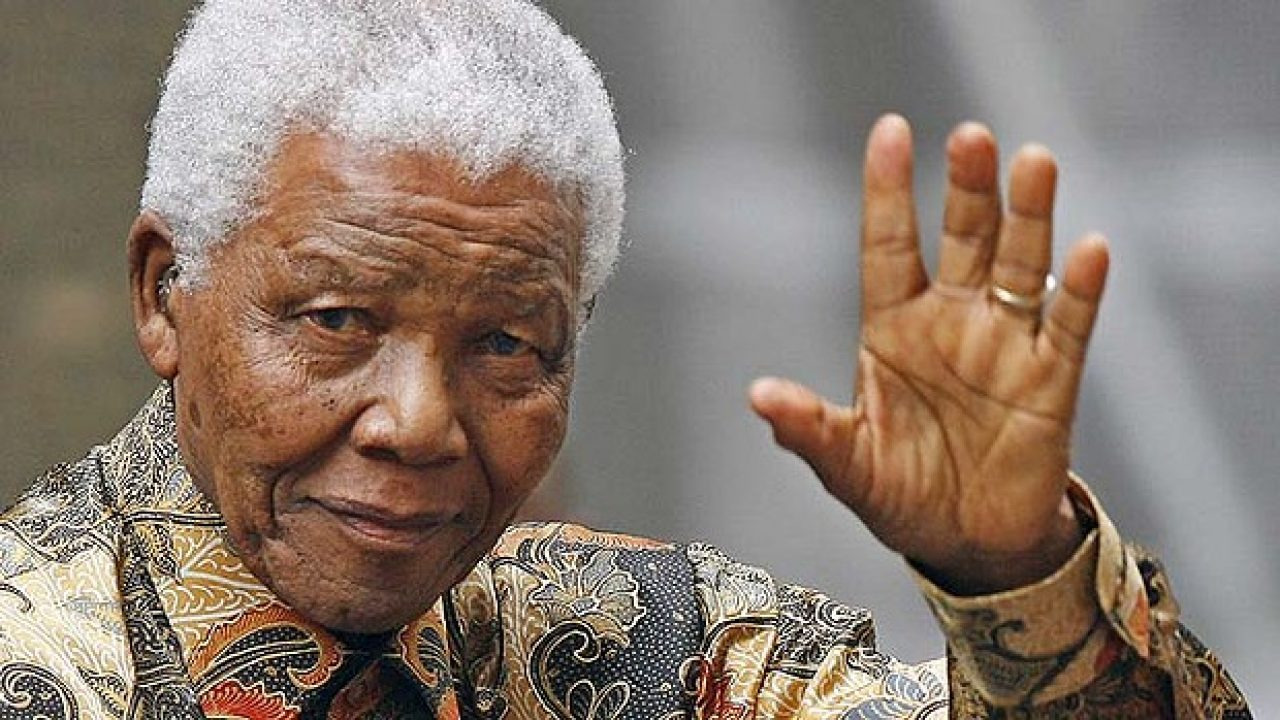
Lycos, Yahoo, and AltaVista were the main search engines at the time, and my two websites consistently ranked #1 for matching search queries across all three search engines. This soon caught the attention of a small Los Angeles startup called Worldres that had just developed an online hotel booking engine and now needed to increase traffic to their platform. So they invited me to join as an affiliate. In return, I could stop paying a fortune for faxes, provide users with a secure online booking system and earn a commission for every reservation made on Worldres via my websites. It was a win-win collaboration.
Complications associated with doing business in an emerging market
In 2002, I also partnered with Sabre and Amadeus, the two largest global distribution systems in the travel industry, and shortly after with WorldChoice Travel, later acquired by Travelocity. Users could now book cars and flights on my websites and so I changed the company name to Online Travel Group and registered the business as OTG Limited.
The databases from each company contained thousands of hotels, and because hotels didn't register with just one booking engine, each database inevitably contained duplicate entries. That's when I noticed hotels charged different room rates depending on which platform they registered, so I designed an application to query all the databases — Worldres, Sabre, Amadeus, and Travelocity — in real time, select the lowest room rate, and display that rate on my websites. I needed skilled programmers to develop the application, but there were none available in South Africa because they all worked full-time for larger companies. The only solution was to work remotely via Skype with developers based in the US and elsewhere. Elance and oDesk (later to merge as Upwork) didn't exist yet, so hiring was primarily via word of mouth or recommendation. And as online banking didn't exist, international wire transfers were my only option for paying developers outside of South Africa.
In 1999, Nelson Mandela retired as president. Concerned that money would leave the country, the South African government expanded banking regulations so that money could not be transferred out of the country without prior approval from the South African Reserve Bank, no matter how small the amount. As a result, the bank would constantly call about transfers as small as $200, wanting to know what the payment was for.
Over time, corruption within the banking system resulted in delayed payments, theft, and massive banking fraud. South Africa was growing increasingly corrupt, and violent crime was on the rise. It was time to leave.
Following the growing Asian tiger
In 2004, Asian economies were growing at a record pace. More importantly, they were among the safest countries on the planet. Low crime and strong traditional family values were exactly what I was looking for.
We now had four dogs and a cat, so moving to Singapore or Hong Kong was not an option as both countries held all pets relocated from Africa in quarantine for 12 months upon arrival. Vietnam and China were Communist countries, so forming a company as a foreign national was impossible, and Malaysia and Indonesia were managing their own political scandals. That left Thailand. Crime was low, banking regulations seemed simple enough, and there were lots of International Baccalaureate schools to choose from. So in 2004, I moved with my two boys, four dogs, and a cat to Chiang Mai, in northern Thailand.
When politics turns everything upside down!
I entered Thailand on a Thai non-immigrant investor visa, and registered OTG Limited as a Thai company in accordance with the regulations of the Thai Foreign Business Act, a law that limited foreign ownership and required companies to be majority owned by Thais. However, the same regulations did not prohibit foreigners from being the majority on a board of directors and didn’t prohibit differing voting rights, a loophole that allowed thousands of foreign-controlled businesses like mine to operate in Thailand.
In 2006, a military coup overthrew the Thai government and its democratically elected leader, Prime Minister Thaksin Shinawatra. The new coalition quickly proposed changes to the government, including redrafting the Foreign Business Act to limit foreign-owned businesses in Thailand.
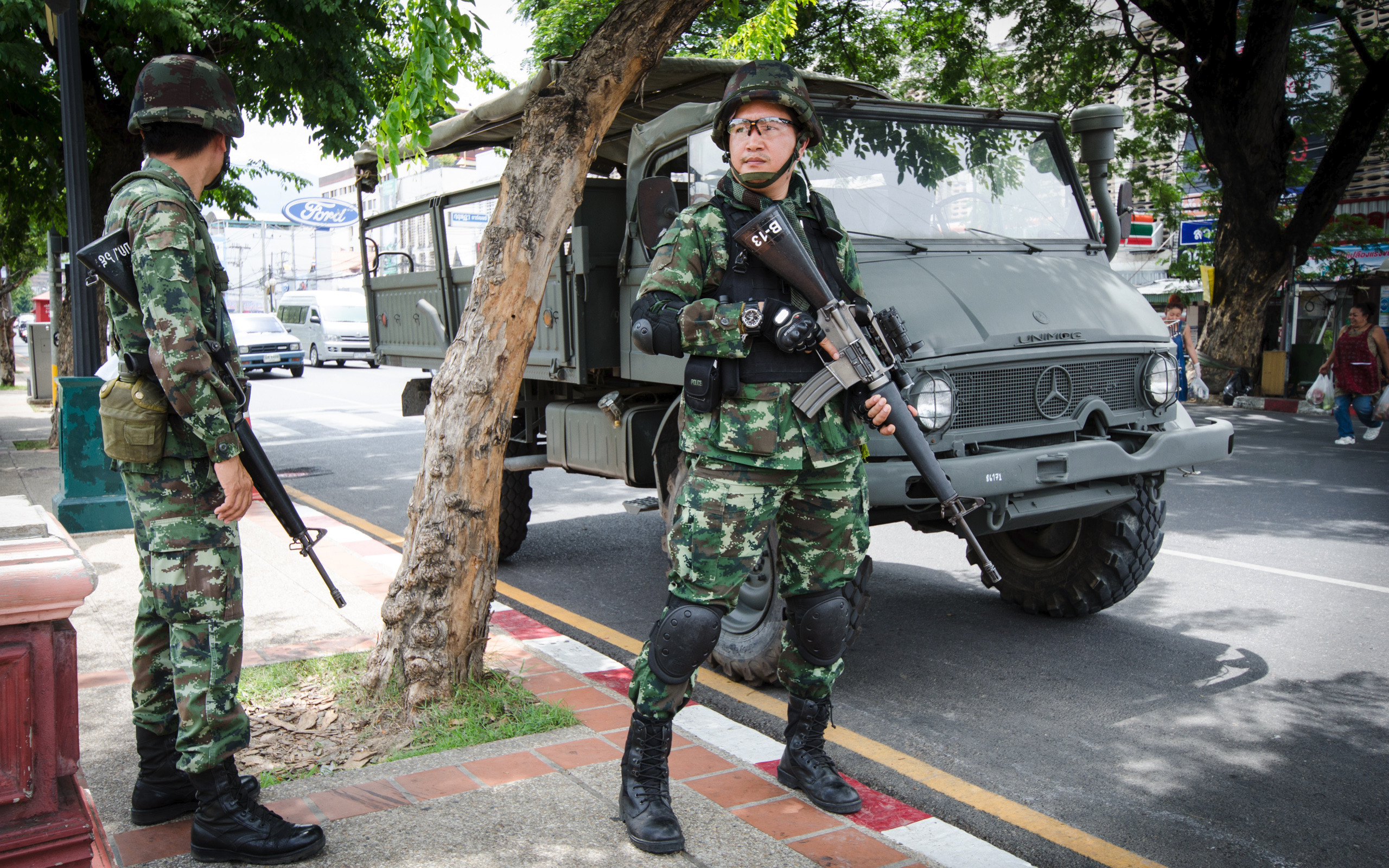
I consulted with three international tax firms on how to protect my business, and all advised the same thing: protect your company by moving it to an offshore jurisdiction or leave Thailand and move to another country. The latter was not an option. I couldn’t pull my young sons out of school in the middle of the school year and relocate them again.
I was referred to Steve Wagner, an American lawyer and managing director of the Bangkok office of Mossack Fonseca & Co. Steve explained that moving my business to an offshore jurisdiction would protect the company in the event the Thai government rewrote or changed the Foreign Business Act. In other words, the government couldn't take my business away from me, and my children and I could remain in Thailand until the end of their school year.
I opted to register OTG Limited in the British Virgin Islands because my British bank had a branch there, so it would be just like doing business in the UK. Two years later, I partnered with Booking.com, added 200 websites to my network, and changed the company name to YayHotels.com.
Be flexible, creative, and diversify when faced with challenges
Google's Penguin and Panda algorithm updates in 2011–2013 and the huge advertising budgets of TripAdvisor and Booking.com resulted in big brands crowding out smaller players like myself. It was increasingly difficult and uneconomical for small travel websites like mine to compete. It was time to come up with another business.
My sons went to university overseas. When my eldest graduated, his classmates came to stay with us in Thailand. For most, it was their first trip outside of their country, and every day they posted stories about their travel experiences on Facebook and other social networks. Then I discovered most of them were facing college debt, and none had secured jobs when they reurned to their home countries. And that’s when I came up with the idea for YAYWORLD. A marketplace where users could monetize their social media and creative skills by creating content to promote small and local businesses.
In 2015, I changed the name of OTG Limited to YAYWORLD, Inc. However, unknown to me, my little startup was now registered in a Mossack Fonseca & Co. database that would shortly be leaked to the ICIJ. A leak that would become known as the Panama Papers.
The above is simply to explain that not all companies listed in the Panama Papers are conducting inappropriate or illegal business. Those who are doing so, will hide the names of directors and owners in order to avoid paying taxes. Registering a company offshore is no different than registering a company in Ireland, the Netherlands, or the United Kingdom. And in the USA, states like Delaware, Texas, Florida, Nevada, and Wyoming operate similarly to classic offshore centers. What's important is that you do your homework, choose the right business structure for your company, and keep away from shady lawyers!
